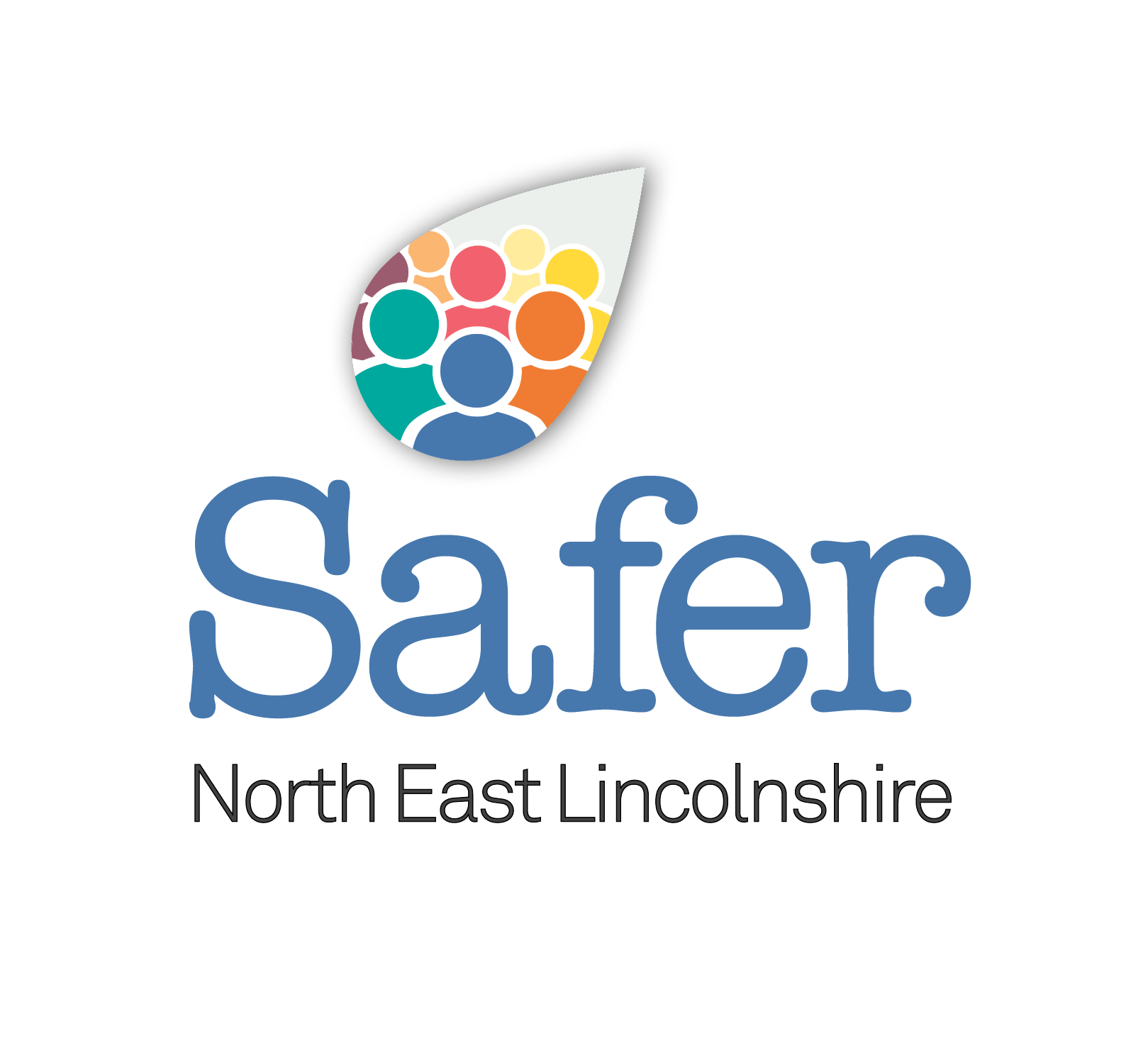Dual diagnosis
‘Dual diagnosis’ is used in the health services to describe people with mental health problems, who also misuse drugs (Prescription or illegal) and/or alcohol.
Dual diagnosis is a common problem for both mental health services and drug and alcohol treatment services. It’s suggested that 30 to 50 per cent of people with mental health problems also have current drug or alcohol issues. One UK study of people with mental health problems, in a secure psychiatric unit, found a dual diagnosis rate of over 50 per cent, and another found the same was true among inpatients in acute psychiatric wards in London.
Complex needs
People with this combination of problems often have a lot of additional difficulties, which aren’t solely medical, psychological or psychiatric. They are more likely to come into contact with mental health services, in crisis, with problems relating to social, legal, housing, welfare and ‘lifestyle’ matters. Medically orientated services can’t always help with ‘multi-problems’ like these, which often reflect the social stigma that people with dual diagnosis face. They are not only drug users, but also mentally ill; two of the most stigmatised groups in society.
In a move away from medical definitions, the term ‘complex needs’ is often used when people have these complicated social and lifestyle problems. To tackle these complex needs, successfully, often requires a more holistic, joined up approach, from several different directions at once.
Treatment
There is currently no standardised treatment for dual diagnosis, largely because it ranges across such a large number of problems and involves both substance misuse services and mental health services.
On the positive side, there are a number of treatment approaches that have benefited people with a dual diagnosis. There is a form of cognitive behaviour therapy called motivational interviewing, which has been used successfully. It can help those with drug problems to make changes to their drug-using patterns, and create new social networks in which drug use is controlled.
Counselling, in its various forms, can also help people with a dual diagnosis. It provides a safe environment in which both drug use and mental health problems can be explored.
How can I get help?
If you are not already getting help with your mental health from your local mental health team, a good first step is to make an appointment to see your GP. Your GP may offer you medication and therapy to treat your mental illness. They may refer you to a drug and alcohol service to help you with your drug use.
Support for safeguarding adults is provided by Focus .
If you require support call the Single Point of Access (SPA) on (01472) 256 256.
The Single Point of Access (SPA) is available 24/7 all year round, including bank holidays. The staff are based locally and have local knowledge. Health (including Nurses and Therapists) Social Care and Mental Health professionals are available for advice and support. The SPA also hosts the out of hours GP service.
The Care Act 2014 has made Safeguarding Adults a statutory duty which requires Local Authorities to ensure vulnerable adults are protected from abuse. To learn more about the Care Act and how it can affect those living in North East Lincolnshire, please visit Live Well NEL .
